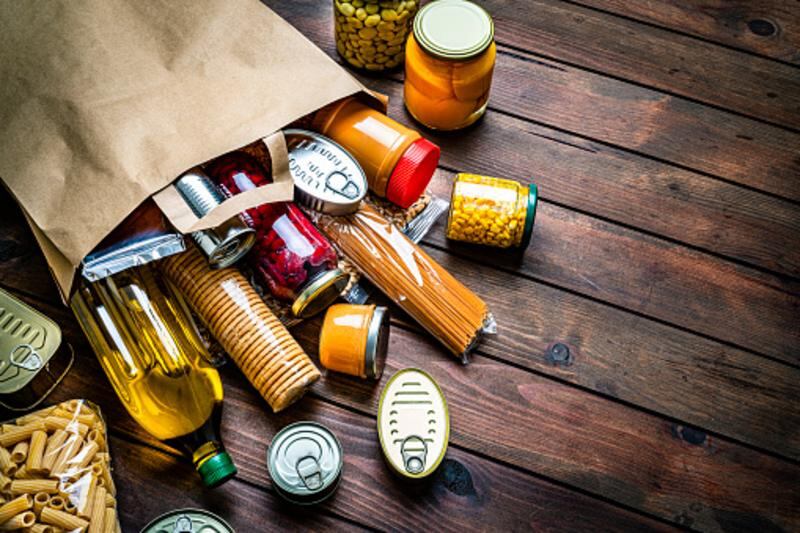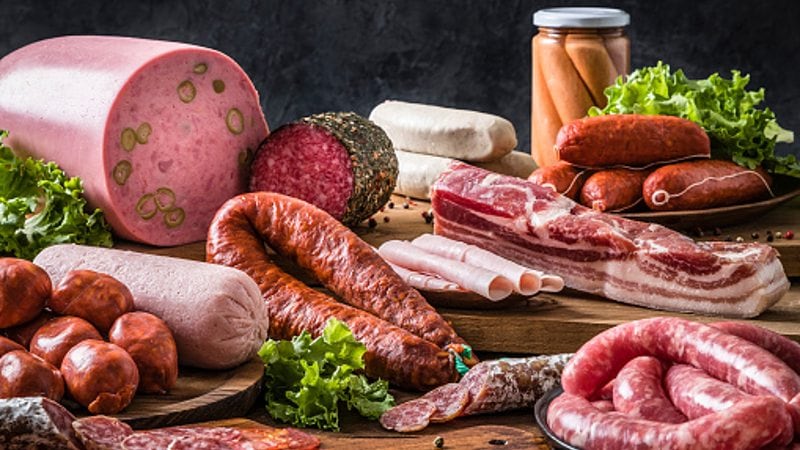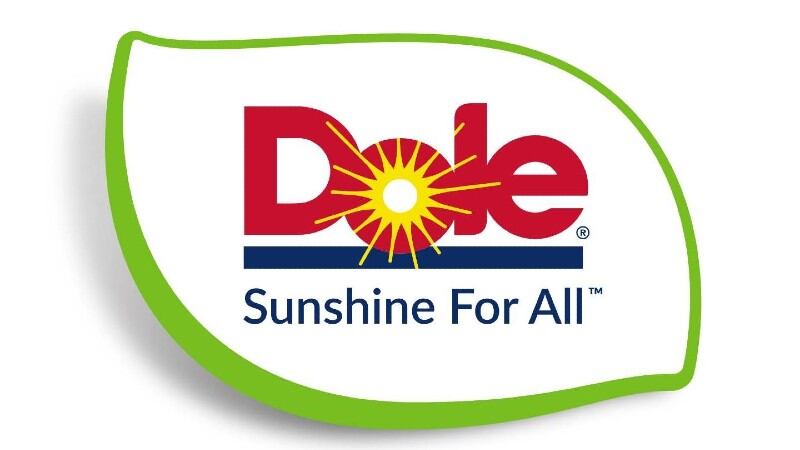Overcoming the humps: How novel packaging and processing tech can make camel meat more palatable
There is plenty of scope in the camel meat industry for better packaging, processing and preservation techniques to increase meat quality, consumer acceptance and exports, according to a new review.
Camel meat is an ethnic food consumed across the arid regions of Middle East and North-East Africa, and could be a potential alternative red meat for human consumption worldwide due to its its nutritional profile.
According to researchers in India and UAE, current methods such as ageing, low-temperature storage, and pre-treatment with antioxidants have been implemented to improve the quality and shelf life of camel meat.
“Very limited research is available about the use of novel pre-treatments, packaging, and processing techniques that can improve the consumer acceptability of camel meat,” they wrote in Journal of Ethnic Foods.
Tiny but mighty: Taiwan updates mandatory food labelling regulations down to smallest permitted pack sizes
Taiwan has updated local food labelling laws to mandate the inclusion of specific information on the ‘minimum sales units’ of prepackaged foods, as well as added provisions to allow for the use of electronic labelling.
Taiwan’s food labelling law is covered by the Act Governing Food Safety and Sanitation. In new regulations recently announced by the local Food and Drug Administration (FDA), new provisions have recently been made to ensure that the necessary food safety information is made available on all prepackaged foods being sold to local consumers, down to the smallest possible sales units.
“The smallest possible sales unit is also called the ‘minimum sales unit’ and refers to the smallest unit [available for sale to consumers] at the time of sale, taking into consideration the targeted retail packaging set by the manufacturer,” said the Taiwan FDA via a formal statement.
“For example, a candy product could have 20 pieces of candy per bag – if the manufacturer specifies that the product would only be sold by ‘bag’ in supermarkets or otherwise directly to consumers and confirms that it is not possible to sell these as individual pieces via any sales channel, then ‘bag’ is the minimum sales unit of the product and previous product labelling rules will apply."
Concentrated concept: Ulu Hye develops new dairy-free milk category with ‘world-first’ nut and seed mylk bases
Australia’s Ulu Hye has taken the dairy-free milk concept a step further with its world-first jars of concentrated Mylk Bases made from nuts and seeds, making for products with longer shelf life, lower prices per litre, and increased sustainability credentials.
Generally, consumers are advised to consume opened dairy or non-dairy milks within four to five days, but most of these products come in 1L sizes, so it is not uncommon for smaller families or single consumers to have to throw expired milk away.
“Food waste is a very real issue, and it is very common for unused milk to be poured down the sink – what we aimed to do with our concentrated bases is to enable consumers to make what they want, when they want and not have to either force themselves to finish up a whole litre in a few days if they don’t want to, or waste that by pouring it away,” Ulu Hye Co-Founder Heidi Peuten told FoodNavigator-Asia.
“Unopened, each jar has a shelf life of two years, and once opened it can last two to three months stored in a cool, dark space and untouched by moisture."
Taking a dip: How UN award-winning Philippines firm is challenging instant coffee’s market dominance
Philippines-based coffee firm Varacco is looking to give instant coffee makers a run for their money with their patented ‘dip’ coffee products, which boasts the benefits of pure coffee with added convenience.
According to Varacco Co-Founder and COO Ariestelo Asilo, the firm’s coffee brand, Circa 1740, is different from regular instant coffee as it is made of pure coffee – but offered in a bag.
“When we were starting the business, our market analysis showed that some 90% of Filipinos drink instant coffee regularly and the market is worth some US$3.2bn, making the Philippines one of the largest instant coffee drinking markets worldwide,” Asilo told FoodNavigator-Asia.
“Our coffee is pure coffee, not instant coffee that contains lots of sugar and other additives – every item is at least 90% coffee and a maximum 10% of milk or spices, depending on the flavour which is packaged in our patented dip pyramid bags which offers all the convenience of instant coffee – so consumers can have the aroma and taste of rich, full-bodied coffee in a matter of seconds by just adding water, without needing to use a coffee machine.”
The dip bags are currently made of food-grade nylon, which is not 100% biodegradeable, but Asilo told us that work is in progress to improve the sustainability credentials of the firm’s star invention.
Encouraging reformulation: South Korea tightens food labelling standards for products with reduced sodium and sugar
South Korea has announced new, tighter standards for food firms looking to label their products as being reduced or lower in sodium or sugar, starting with the nation’s most-consumed food product, ramen.
Previously, South Korea’s criteria for food or beverage products to be labelled as reduced sugar/sodium was for the product to have reduced its sugar/sodium content by over 25% as compared to the average sodium content of the top three products in the market, calculated by market share.
Unfortunately, this method has not been successful in lowering down sugar and sodium levels to the government’s satisfaction, hence a new set of standards have now been issued by the Ministry of Food and Drug Safety (MFDS).
“These have been enacted to encourage food manufacturers to produce foods that are lower in sodium and sugar content, and also promote the reduced consumption of foods high in these what are consumed in large amounts locally, such as ramen,” the ministry said via a formal statement.





